That title isn’t a typo or a slangy take on the opening line of the US Constitution. It is from the Preamble of The United Nations Charter. Misinformation is a global problem; we need a set of global solutions. That is why the United Nations should bear the ultimate responsibility for reducing misinformation and serve as the forum for developing a theoretical and practical framework for information integrity. That term was well defined in an IEEE paper as “dependability or trustworthiness of information.” The original context was around IT issues, but it certainly applies to misinformation today.
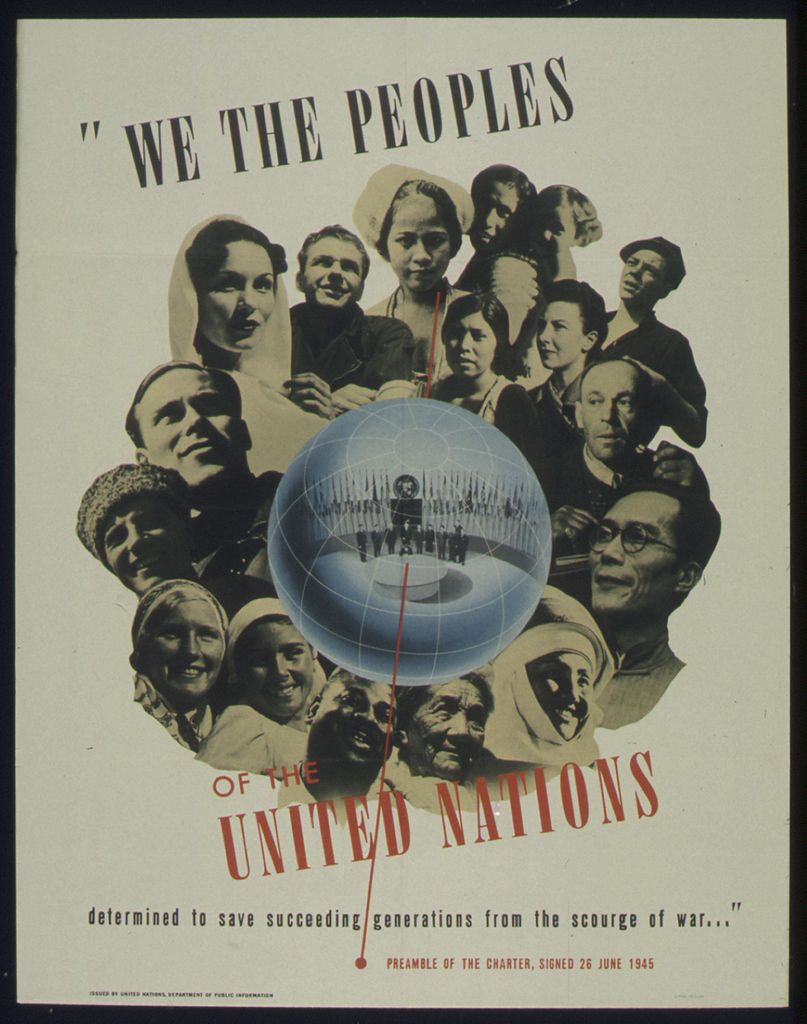
Global problems…
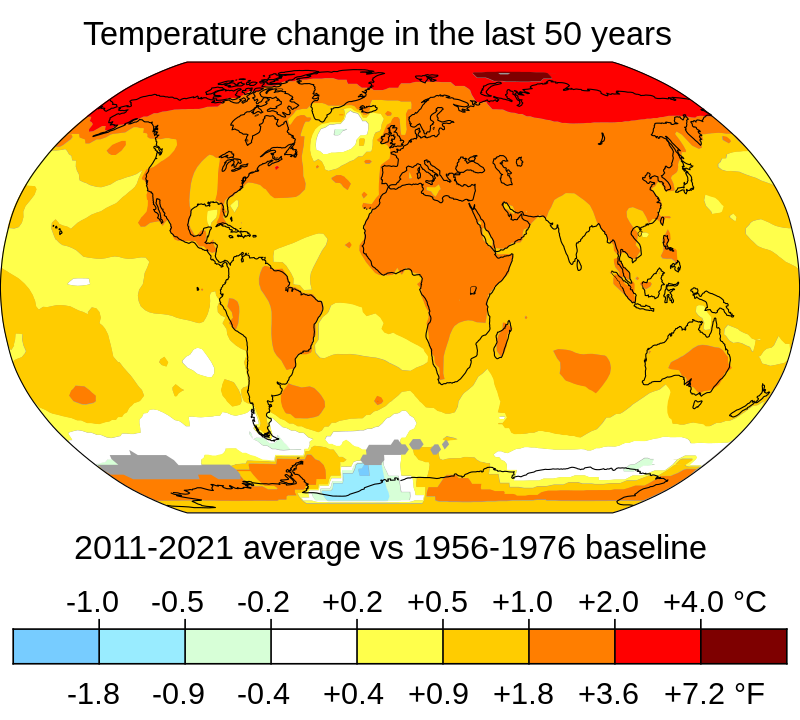

Climate change.
The Covid-19 Pandemic.
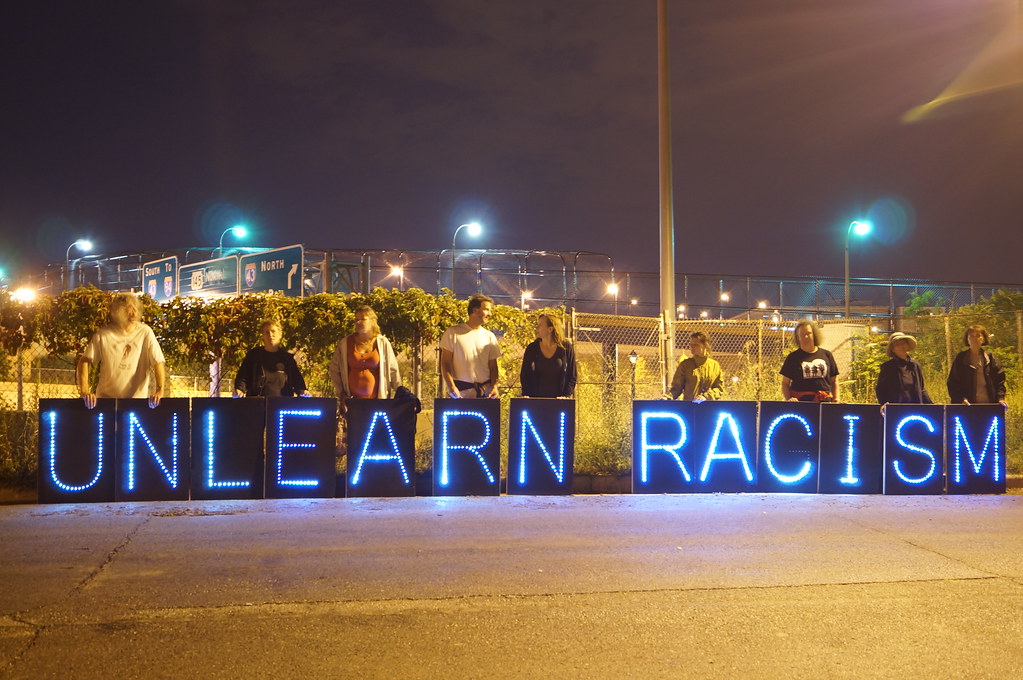
Systemic Racism.
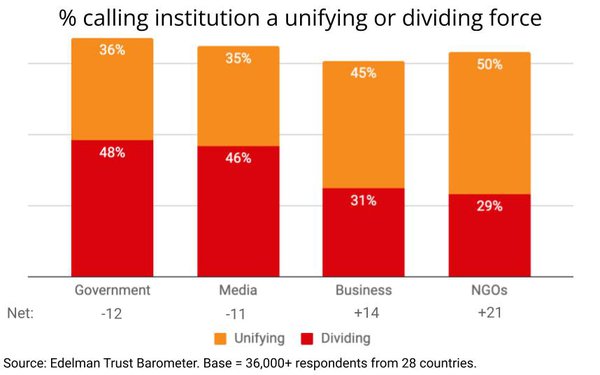
Distrust of Institutions.
What do these “wicked problems” all have in common?
A) They threaten our well-being (or survival)
B) They are global in scale
C) They are complicated by misinformation
D) All of the above
These are just some of the daunting items on the UN’s agenda. Unfortunately, misinformation makes these problems worse.
Global Solutions
Although misinformation has become something of a buzzword here in the US over the past few months, this country is relatively late to the party. In 2018, the European Union commissioned a study with an international panel of experts from varied disciplines (academics, fact-checkers, journalists, etc.) to look at the scale, impacts, means of transmission and amplification and possible strategies to counter misinformation. They also warned about imposing knee-jerk regulations without developing long range strategies.
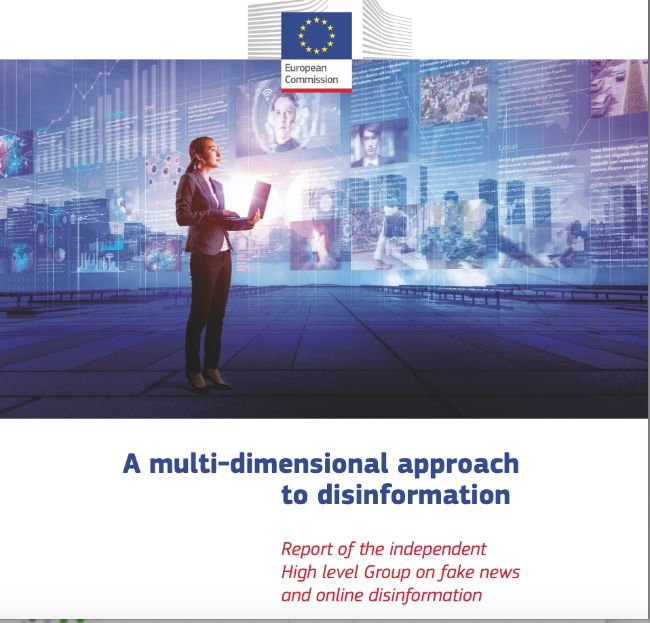
The report included several recommendations that included: calling on platforms to share data, more resources set aside for increasing media literacy, and the creation of research centers throughout the EU.
The rising concern over misinformation is mirrored in countries all over the globe. Many are creating policies and tactics to counter its dissemination. To highlight these efforts, the Poynter Institute created a guide to anti-misinformation actions around the world.
The guide features an interactive map and listings of each country and the steps they are taking to combat misinformation.
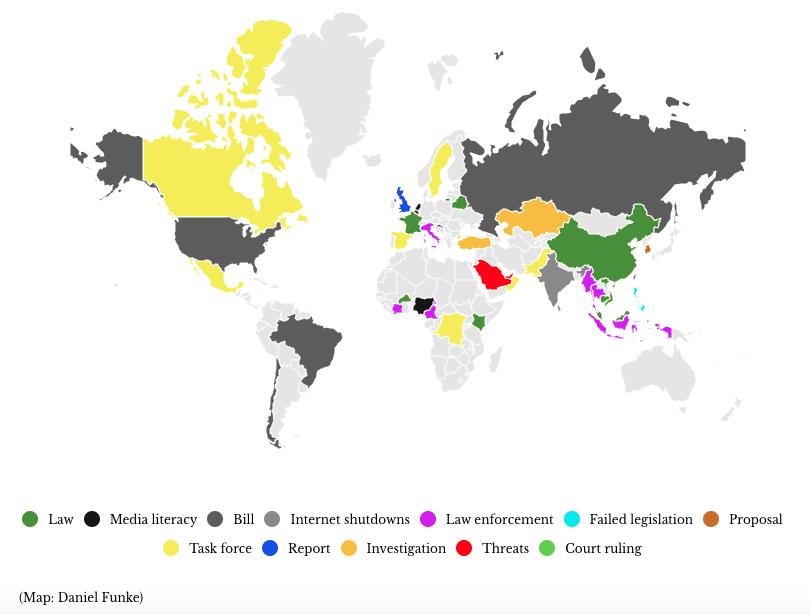
Why the UN?
The World Wide Web is both worldwide and a web, an intricately interconnected system. All the efforts of individual countries to combat misinformation, no matter how well thought out and executed, depend on those other strands of the web to be equally strong and resilient. That’s why I believe the United Nations needs to spearhead these efforts and build international consensus around best practices.

The UN has already done battle with misinformation around Covid-19. The Pause Campaign, stopping and checking the validity of content before you share, has been bolstered by an MIT study citing that behavior as a highly effective way to slow the spread of misinformation. The UN is the one institution in the world that has the infrastructure to tackle such a problem and bring its member nations to the negotiating table. By committing to fight misinformation, the UN will also be helping the organization make progress in the other areas as well.
Cynics may dismiss this idea as an unrealistic dream. Is it more realistic that for-profit companies will curtail activities that have made them billions of dollars? Or that governments will set aside their partisan differences and work for the common good?
This thought experiment has been informative and humbling. When I wrote the first paragraph of this post and included the term information integrity, I was unaware that the UN Development Programme had recently launched a campaign by the same name. I consider that a good omen. The United Nations may chart the path forward to deliver us from this misinformation maelstrom.